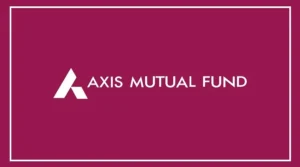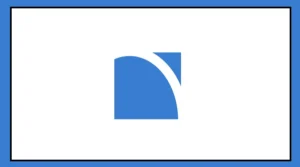In the face of unexpected financial emergencies, overdraft loans offer a savvy alternative to personal loans and breaking fixed deposits. Learn about the manifold advantages of this financial facility.
Unraveling the Overdraft Loan
An overdraft is a financial lifeline requiring approval from your bank. Once sanctioned, you gain the ability to withdraw more than your current account balance—a service commonly known as the overdraft facility or OD.
Essentially, it functions as a loan, extending across various bank accounts, including current accounts, salary accounts, and fixed deposits.
The borrowed sum must be repaid within a defined timeframe, with interest calculated on a daily basis.
Banks Set the Limit
Banks determine the maximum limit for overdraft facilities. Typically, when availed on a salary account, borrowers may access double or even triple their monthly salary as a loan.
However, this option is available exclusively with the bank where the account was opened.
Benefits of Overdraft Loans
Overdraft loans offer several compelling benefits that set them apart from traditional personal loans:
Interest Only on Utilized Amount: Unlike personal loans, where interest accrues on the total approved amount, overdraft loans require interest payments solely on the amount withdrawn and utilized.
Flexible Interest Calculations: Interest is charged only for the period during which you have the borrowed funds.
This means that early repayment eliminates the burden of ongoing installments, without incurring prepayment charges that are common in personal loans.
No Processing Fees: Overdraft loans spare you the expense of processing fees, in contrast to other loan types.
Personal loans, for example, often come with added fees.
Leveraging the Overdraft Facility
To access the benefits of an overdraft facility, you need to provide collateral such as fixed deposits, shares, property, salary, insurance policies, or bonds.
In the event you cannot repay the borrowed amount, the bank may utilize your pledged assets as compensation.
However, should the overdrafted amount exceed the value of your collateral, you will remain responsible for repaying the surplus.
For those without collateral, unsecured overdraft facilities can also be secured through credit card withdrawals.
In a nutshell, overdraft loans offer a versatile and cost-effective solution for unforeseen financial needs, making them a smart choice in times of emergency.

























